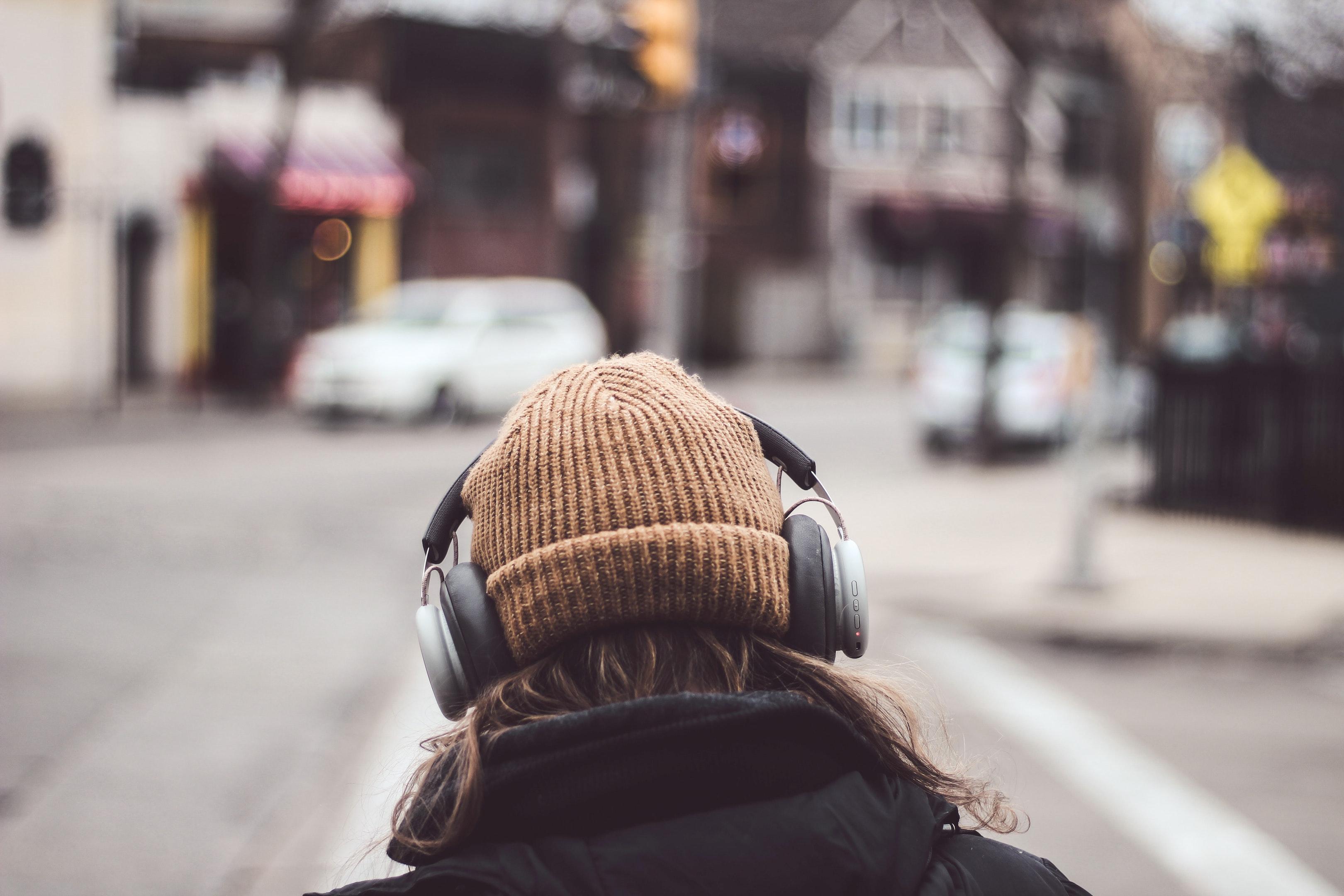Can Binaural Beats Make You More Productive?

Focus and I are not friends. Every day, I sit down at my desk, ready to tackle my first of many tasks. And every day, my mind wanders. Be it an email notification or a primal urge to refresh my Twitter feed, before I know it, it’s been 45 minutes, and I’ve accomplished nothing.

Putting my phone in another room and blocking social media sites works some. But it’s like my brain is wired to find any and every distraction. So, when I came across binaural beats and their supposed ability to help you focus, I was intrigued.
What Are Binaural Beats?
Binaural beats are audio tones that supposedly sync up with your brain waves to help you focus. When playing binaural beats, your left and right ears hear two different frequencies. Your brain then creates a third frequency, the difference between the two.
This third frequency is what binaural beats are said to affect. Different binaural beats target different brain waves—and frequencies between 14-30 Hz (also known as beta waves) are supposed to increase alertness, concentration, analytical thinking, and problem-solving skills.
A.K.A.—the work-focus jackpot.
Do Binaural Beats Increase Productivity?
Now that we know how binaural beats are supposed to work, the next logical question is: Do they actually work? Unfortunately, there’s no easy answer. The scientific research on binaural beats and productivity is severely lacking (or old).
The most promising study is from 1998. It showed that after listening to binaural beats for 30 minutes on three different days while performing a “vigilance task,” participants showed increased cognitive function and improved mood. A more recent study in 2015 didn’t find any significant effects of binaural beats while completing vigilant tasks, but participants only listened to the beats for four minutes.
So, the jury is still out on whether binaural beats can actually help you focus. But so long as you don’t blast them above 85 decibels, there’s no harm in giving them a try. So I did.
How to Use Binaural Beats

If you want to give binaural beats a go, you don’t need fancy equipment—just your phone, internet access, noise-canceling headphones, and at least 30 minutes to dedicate to your experiment.
There are literally thousands upon thousands of binaural beat soundtracks dedicated to productivity. Spotify, YouTube, and even apps like Beatfulness, offer brain-wave-altering music for everything from lucid dreaming to creative focus. Whatever you choose, just remember that the sweet spot for concentration is between 14-30 Hz.
I decided to leverage the potential power of binaural beats when my brain is at peak spacy-ness: 2 p.m.
After some digging, I found this hour-long beta waves playlist on Spotify and got to work.
The sounds were strange, a cross between spa music and a dial-up modem, but I powered through, and as I continued to write, I found that my mind wandered less and less. By the time I wrapped up the 750-word piece I was working on (which usually takes me a little over an hour), I realized I had a whopping 15 minutes to spare.
So, are binaural beats the silver bullet for productivity? No, not by a long shot. But if I can continue to rack up more 15-minute breaks throughout my day, I’ll definitely be keeping them in rotation.






